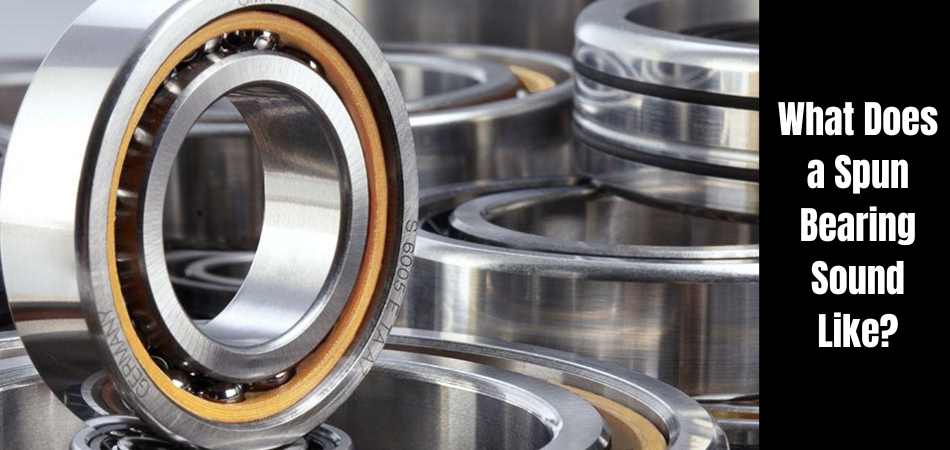
“Spun bearing” is one of the most hated terms in automotive engineering. This expression denotes a catastrophic breakdown that can result in costly repairs and extended downtime. But what exactly is a spun bearing, and why is it so problematic? Let’s dig deeper into this subject.
What Is a Spun Bearing?
A bearing is a tiny, circular component that helps minimize friction between moving elements in an engine. It acts as a buffer between the crankshaft and the connecting rod, allowing the engine’s internal components to rotate smoothly. When a bearing becomes “spun,” it means it has rotated out of its intended position and is no longer capable of properly supporting the crankshaft. This can cause serious damage to the engine and potentially render it inoperable.
What are the Common Causes of Spun Bearings in Vehicles?
You might have encountered the term “spun bearings” and wondered what it meant if you own a car. A spun bearing occurs when the tiny layer of soft metal that separates the drive shaft from the engine block wears away, allowing direct contact between these two components. This can cause catastrophic engine damage and should not be overlooked.
In this article , we’ll go over the most prevalent causes of spun bearings in automobiles, as well as how to spot them before they become a significant problem. So, let us get started!
1. Lack of lubrication
Inadequate lubrication is one of the leading causes of spinning bearings. The thin layer of oil that divides the crankshaft and engine block is critical for decreasing friction and preventing metal-to-metal contact. Bearings may easily wear away without sufficient lubrication, resulting in a spinning bearing.
To avoid this, it is critical to check your vehicle’s oil levels on a regular basis and change the oil at the appropriate intervals. It is also critical to use high-quality oil that satisfies the criteria of the manufacturer.
2. Overheating
Overheating is another typical cause of spinning bearings. When an engine runs too hot, the metal components expand and scrape against one other, causing the bearings to wear out prematurely. This is especially true for high-performance automobiles or vehicles driven regularly under high-stress circumstances.
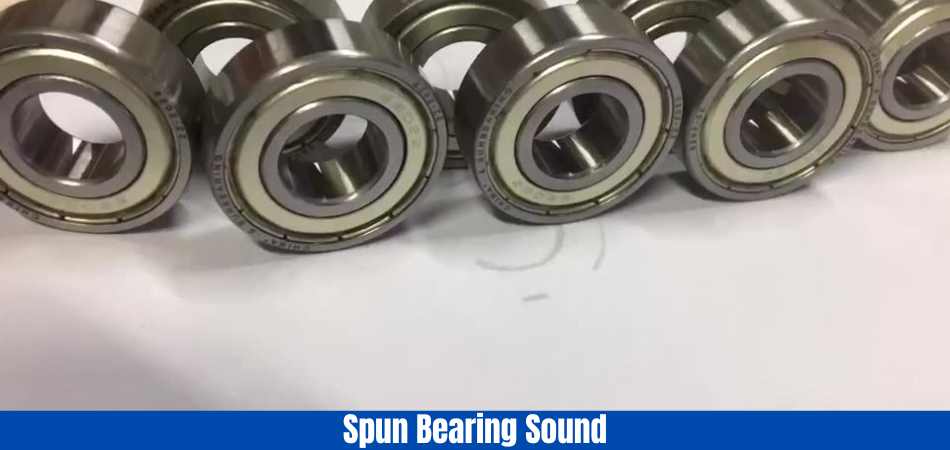
To avoid overheating, keep your vehicle’s cooling system in good working order and fix any problems, such as a defective thermostat or radiator, as soon as possible.
3. High RPMs
Long durations of racing or revving your engine at high RPMs can also result in spinning bearings. This is due to the higher speed putting more strain on the bearings, leading them to wear out faster.
If you own a high-performance car or love driving at high speeds, you must inspect and replace your bearings on a regular basis.
4. Incorrect installation
Spun bearings are sometimes caused by faulty installation during the engine’s construction or maintenance. This can include employing incorrect torque parameters or failing to line the bearings with the crankshaft.
To avoid this, constantly adhere to the manufacturer’s directions when undertaking engine repair or have it done by a competent technician.
A minor error during installation might cause major problems later on.
What Does a Spun Bearing Sound Like?
Now that we’ve defined what a spinning bearing is, let’s get to the bottom of the question: what makes it sound like? Unfortunately, there is no one correct response to this question because the sound varies based on the degree of the problem and the type of engine.
However, some of the most prevalent sounds associated with a spinning bearing are banging or rattling noises emanating from the engine, especially during acceleration. Power or overall engine performance may potentially suffer as a result.
What Should You Do If You Hear a Spun Bearing?
If you believe that your engine has a spinning bearing, you should treat the problem as quickly as possible. Driving with a broken bearing might result in more damage and perhaps more expensive repairs.
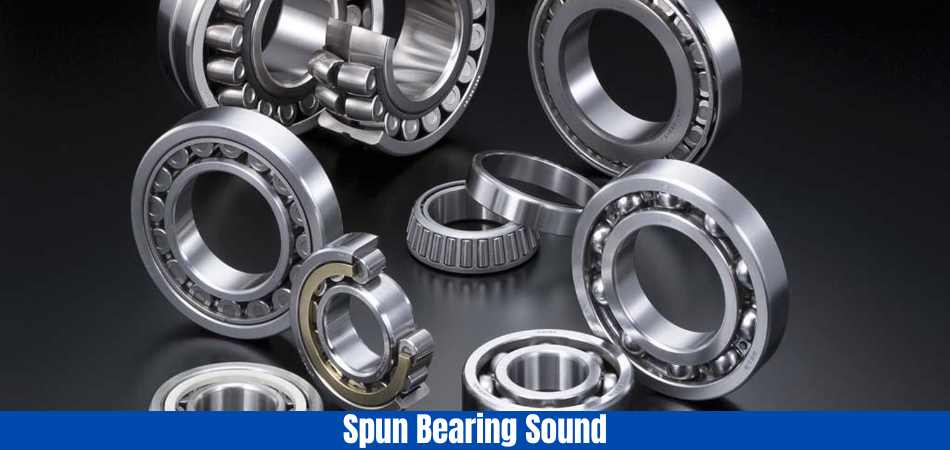
The first step is to pull over and have the car towed to a reputable mechanic for evaluation. Depending on the extent of the damage, the bearing and other engine components may need to be replaced.
What are the Signs of Spun Bearings?
So, how can you determine whether your automobile has spinning bearing problems? Here are some warning indicators to check for:
1. A knocking or rattling sound:
If your engine makes a loud banging or rattling noise, it might be an indication of a spinning bearing. This sound is typically more noticeable at higher speeds and might indicate that the crankshaft is not correctly connected to the engine.
2. Oil pressure is low:
Spun bearings, which are responsible for dispersing oil throughout the engine, might cause a decline in oil pressure. If your oil pressure indicator illuminates or your gauge displays low readings, it might be a symptom of spinning bearings.
3. Engine overheating:
When bearings fail, they might also inhibit appropriate engine lubrication. This can cause more friction and heat, which might cause your engine to overheat.
If you see any of these signs, you should have your automobile evaluated by a professional as soon as possible. Ignoring spinning bearing troubles can cause severe engine damage and cost you hundreds of dollars in repairs.
How to Prevent Spun Bearings
Let’s speak about prevention now that you know what spun bearings are and how to recognise them. Here are some pointers to assist you avoid spinning bearings in your car:
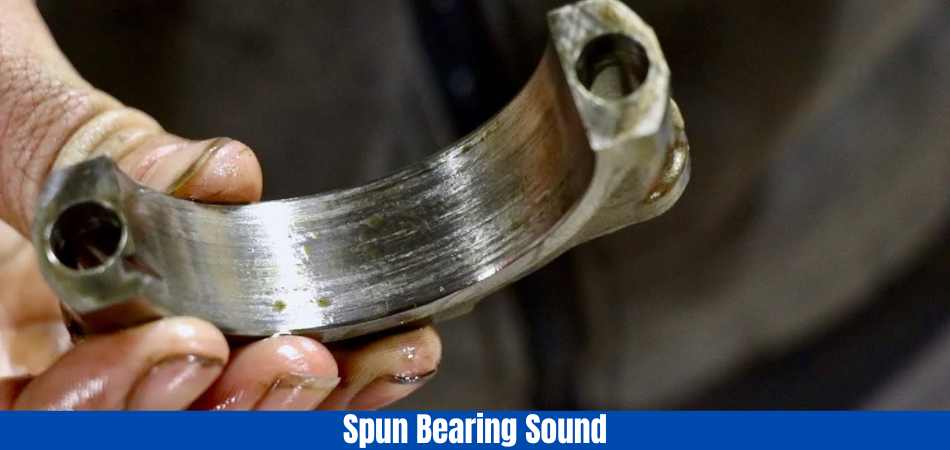
- Oil changes on a regular basis: As previously stated, inadequate lubrication is a typical cause of spinning bearing problems. To avoid this, be sure to get your oil changed at the suggested intervals by your automobile manufacturer.
- Make use of high-quality oil: Not all engine oils are the same. Choose high-quality synthetic oils that can endure intense temperatures and pressures to guarantee appropriate lubrication and limit the danger of spinning bearings.
- Don’t overrev your engine: High-revving engines place a great deal of strain on the bearings, forcing them to wear out faster. Avoid overrevving your engine, especially while it’s cold.
- Keep an eye on your oil pressure: It’s critical to check your oil pressure on a regular basis and fix any concerns as soon as possible. Low oil pressure might indicate worn-out bearings or other engine issues that require care.
What is the negative side of spun bearing?
So, what are the disadvantages of a spun bearing? For starters, it can severely reduce the performance and efficiency of your engine. A rotating bearing increases friction within the engine, resulting in power loss and poor fuel efficiency. This can also generate greater heat and vibrations within the engine, which can cause more damage if not handled.
Furthermore, a spinning bearing might seriously harm other engine components. As the bearing spins irregularly, it might hit other engine components such as the crankshaft or connecting rods, causing further wear and strain. If not treated promptly, this might result in an expensive repair bill and perhaps engine failure.
To summarise, while a spun bearing may appear to be a small issue, it should not be treated lightly. To avoid this problem entirely, it is critical to address any indicators of excessive bearing wear and implement preventive measures.
Regular maintenance and correct lubrication are essential for keeping your engine running smoothly and avoiding the consequences of a spinning bearing. Don’t ignore your car’s health and be on the watch for any possible problems, such as a spinning bearing. In the long run, both your wallet and your automobile will thank you. Have a safe and enjoyable drive! As a result, it is critical to properly maintain your vehicle.
Conclusion
A spun bearing is a major problem that can cause substantial engine damage and costly repairs. Car owners must frequently maintain their cars and solve any possible concerns before they become big difficulties. If you ever hear weird noises emanating from your engine, have it examined by a professional right away to avoid the dreaded spinning bearing.
You can assist prevent this problem and keep your automobile operating smoothly by taking adequate care and attention. To avoid the repercussions of a spinning bearing, constantly check your oil level and perform routine engine maintenance inspections. Continue to drive safely!
FAQs
Is the sound of a spinning bearing always the same, or may it alter amongst engines?
The sound of a spinning bearing varies based on engine type, bearing placement, and the severity of the damage. It is critical to listen for unexpected noises and seek expert assistance.
What additional symptoms may be associated with the sound of a spinning bearing?
Symptoms may include increased engine vibration, decreased power, loss of oil pressure, and increased engine temperature, in addition to the unique sounds. These concerns are frequently noticed together.
Can I continue driving my car if I suspect a spinning bearing?
If you suspect a spinning bearing, it is not suggested that you continue driving. This can result in serious engine damage and ultimate engine failure. It is preferable to get the problem assessed and rectified as soon as possible.
What should I do if I hear the sound of a spinning bearing in my engine?
If you suspect a spinning bearing, you must immediately stop driving the car. Tow it to a certified mechanic for an in-depth inspection and repair.
How can I keep my engine’s spinning bearings from causing damage?
Regular maintenance, such as oil changes and correct lubrication, is essential for avoiding spinning bearing damage. Follow the manufacturer’s maintenance period and oil specification recommendations.
Is it possible to fix a spinning bearing, or does it necessitate a complete engine replacement?
The appropriate action will be determined by the degree of the damage. A spun bearing can be fixed in certain situations, but it is more likely to necessitate an engine rebuild or replacement, which can be costly.
How much does it cost to repair or replace an engine with spinning bearing damage?
The cost depends on the degree of the damage, the kind of vehicle, and the mechanic’s charges. Repairing or replacing an engine with spun bearing damage can be a significant expense.
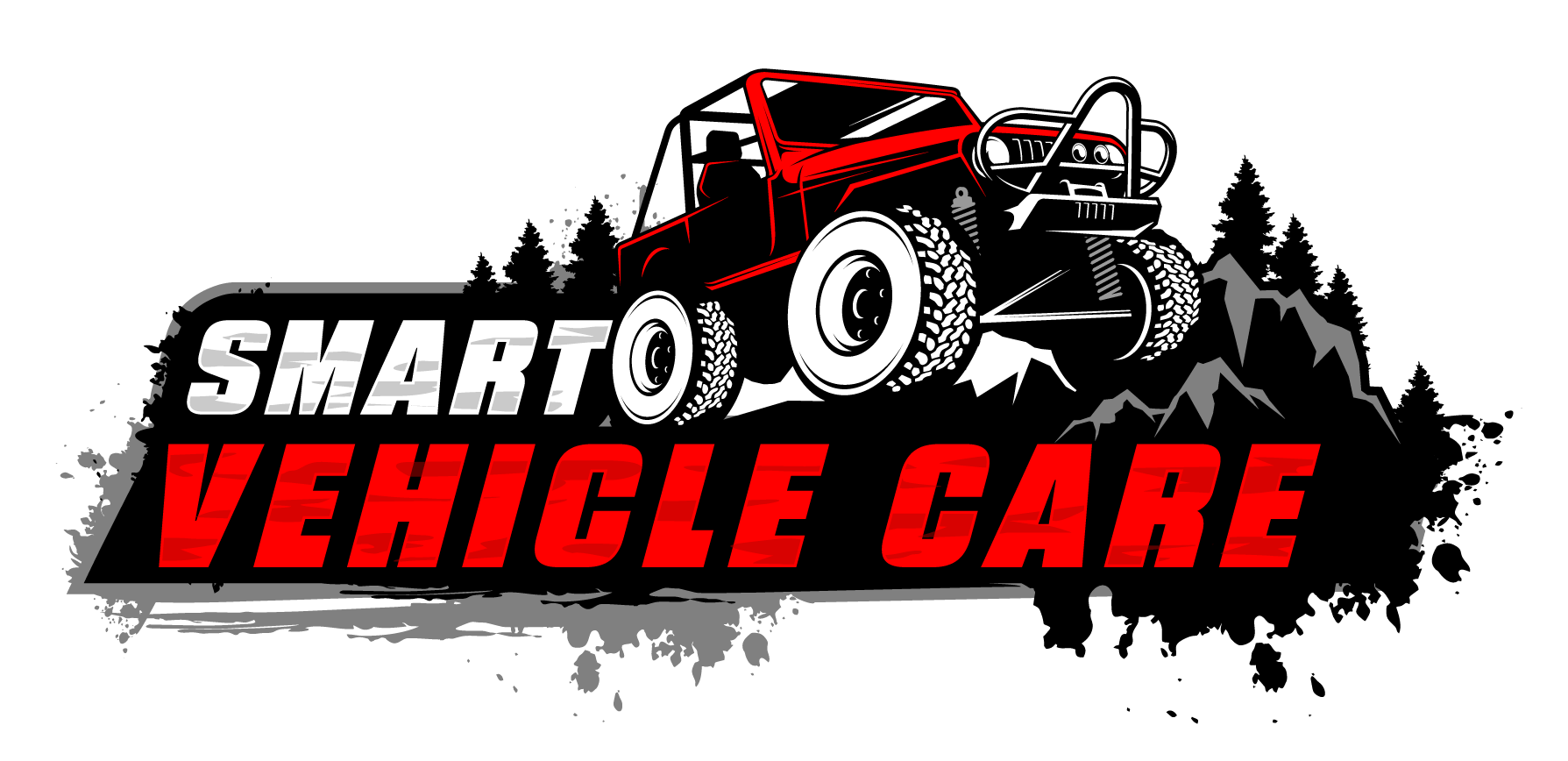






Leave a Reply